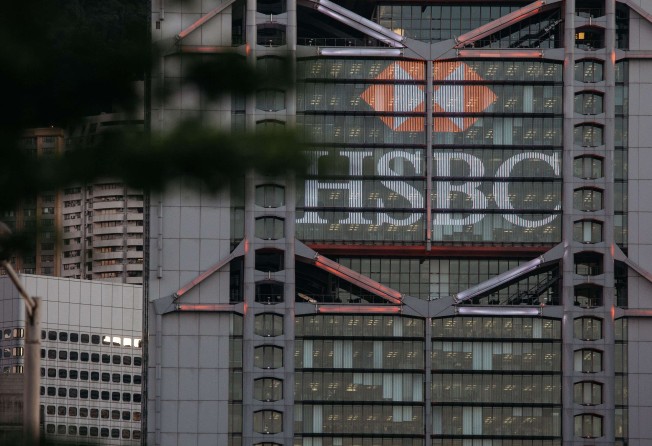HSBC considering sale of Lebanese unit to Lebanon’s Blom Bank
Lender and other global banks scaling down global operations as part of efforts to cut costs

HSBC’s Middle East subsidiary has said that it is conducting talks with a Lebanese bank about the possible sale of its banking business in the country.
HSBC Bank Middle East, a wholly-owned subsidiary of HSBC Holdings, is in discussions with Lebanon’s Blom Bank over the sale, according to an HSBC spokesperson.
The spokesman, Gareth Hewett said, however, that there was no certainty that the binding agreement would become effective, and that HSBC would issue a further statement if appropriate
Last year, Stuart Gulliver HSBC’s chief executive officer announced a three-year strategy to reduce the bank’s wide ranging international operations, cut annual costs by US$5 billion, and shed 50 000 jobs.
At present HSBC operates in 71 countries, down from 87 in 2011 according to Bloomberg. HSBC Bank Middle East has been present in Lebanon since 1946.
On July 1, HSBC completed the sale of its Brazil unit to Banco Bradesco. Last year the bank said that it was trying to sell its Turkish unit, but in April of this year it announced that the sale would not take place. Earlier this year HSBC announced that it would reduce its Indian operations.
Many global banks have been reducing their footprint in recent years in a move to cut costs.
In 2014, Citigroup, the US lender that gets the most revenue from overseas markets announced that it would exit consumer banking in 11 markets.
In the same year, Standard Chartered said that it would close up to 100 branches across the Middle East, Asia and Africa.
A McKinsey review of 10 global banks last year found that the lenders they surveyed were present in an average of 55 countries, down from 65 countries in 2008.
Globally banks are trying to deal with sluggish economic growth, low interest rates, uncertainty following Brexit, as well as the threat from emerging financial technology.